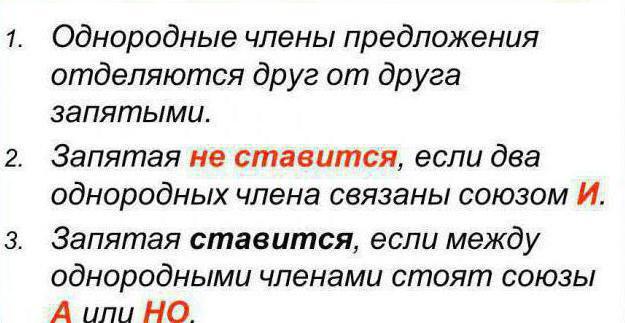A simple verbal predicate
The predicate can be either verbal or nominal. Both, in turn, can be simple and complex. A complex predicate consisting of three or more members is singled out separately.
The main ways of expressing a predicate are the use of various forms of the verb. This does not apply to a nominal predicate, to the nominal part of which the verbal sheaf may not be added.
A simple verbal predicate is divided into twolarge groups. This is likened formally to the subject and not likened. In addition, the predicate of this type, having a complicated form, forms another special group.
That simple verbal predicate, which is formally similar to the subject, is expressed by the forms of the verb of any person, time and inclination. For example:
1) the verb standing in the form of the indicative mood: The winter wind induces depression.
2) A verb standing in the form of an imperative mood: Let thunder strike harder.
3) A verb standing in the form of a subjunctive mood: You would rest, grandmother.
The attitude to the message, to reality,the will of the one who speaks is expressed with the help of modal particles that adjoin very closely to the predicate. For example: Let's keep silent together, we will reflect. The forest does not make noise, the foliage does not crumble.
That simple verbal predicate, which is not formally analogous to the subject, is expressed by the following forms of the verb:
1) the interdomain form of this part of speech, which has the meaning of the action that takes place instantly: The child jumps to the other side;
2) an infinitive having the meaning of the active beginning of action: And the friends who meet are well kissing, well, hugging;
3) the verb "is", used with the meaning "available": And we have colors, and there are brushes.
4) the form of imperative mood:
a) the meaningful desire that concerns the third person: Pass us, the wrath of the tyrant, bypass, his love;
b) with the meaning of the obligation: Here you are foolish, and the teacher for you answer;
c) with the meaning of the assignment: Whether he is the most intelligent, and the rules must be respected;
d) with the meaning of the condition: If it appeared earlier, you could still change something;
5) the form of the verb that is homonymous to the forminclination of the imperative and has the value of arbitrariness or unexpectedness of the action: In this tree a truck has entered and exceeded the permissible speed.
A simple verbal predicate, as mentioned above, can have complicated forms. It is a combination of a verb with particles or a combination of two verbs. These include:
1. The combination of any form of the verb "take" and the forms of another verb with the help of unions "yes and", "and", "yes" to designate an unexpected action caused by the whim of the person in question.
2. A compound in the same form of two verbs, the first of which indicates a certain action, and the second - on its purpose.
3. The combination of two verbs having one root, and the use between them of a particle "not" with the meaning of impossibility.
4. The union of two single-root verbs, one of which has a personal form, and the second - the form of an infinitive. The negative value of the predicate is enhanced by the use of the particle "not" before the personal form of the verb.
5. The connection in order to denote the intensity of the action, the turnover "only do I do that" with another verb in the same form.
6. Using twice the same predicate to denote the duration of the action.
7. Using twice the same predicate with an amplifying particle "so" to denote the action that was realized completely.
8. The combination of particles "know" or "know yourself" with the verb, in order to denote the action that takes place in spite of obstacles.
Also, a simple predicate can be expressed in phraseological combinations that have a different degree of adhesion of components.












